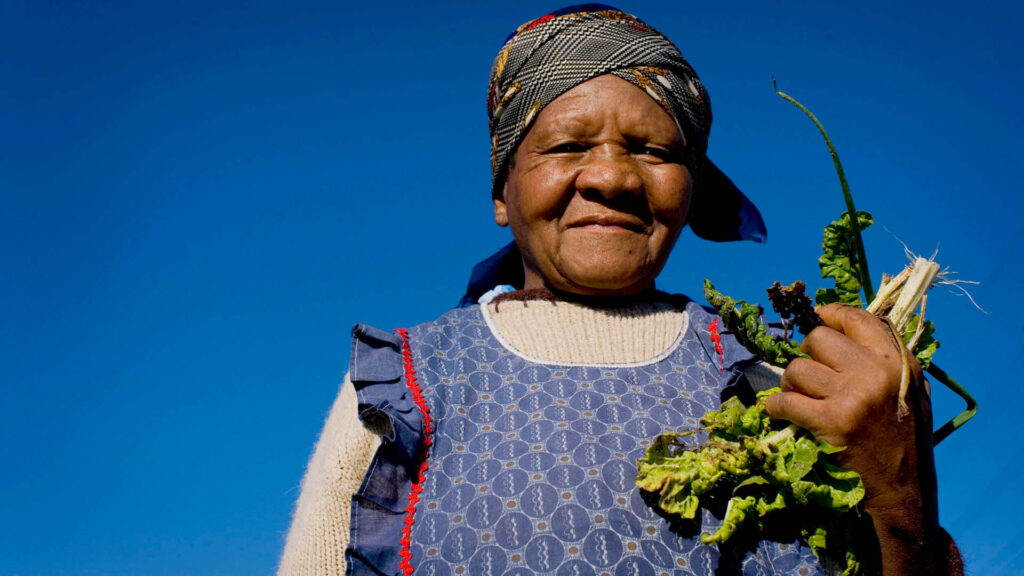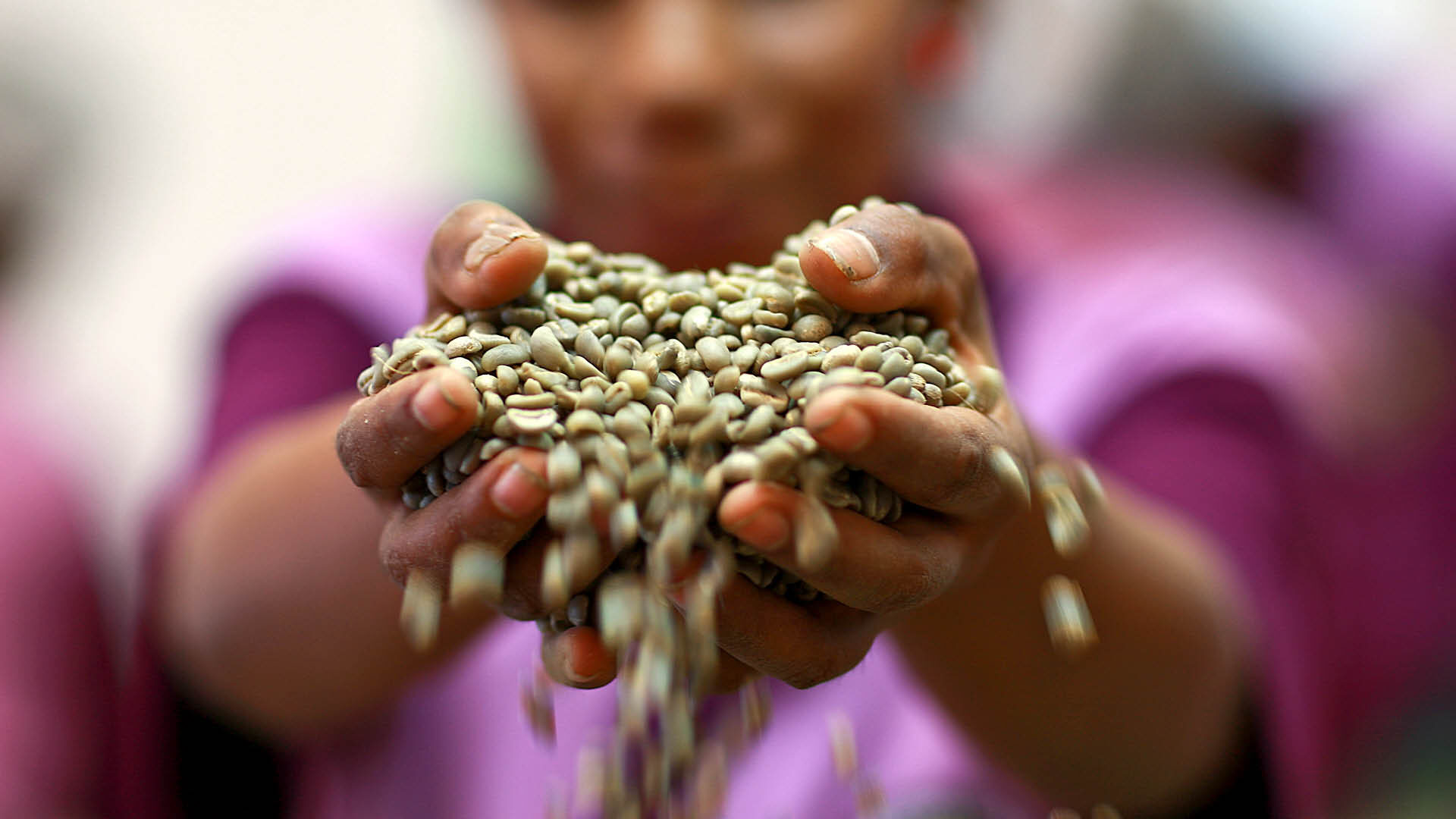
Within a matter of weeks, the COVID-19 health crisis has brought on an economic crisis and rapidly laid bare the underlying inequities and fragilities in the global food system. The World Food Programme has recently warned that the world is facing ‘multiple famines of biblical proportions’ – a ‘hunger pandemic’ – that could result in 300,000 deaths per day. There are currently 821 million food-insecure people in the world and a human catastrophe is expected to eventuate within a matter of months.
COVID-19 cannot, however, be held solely responsible for this impending food crisis. Our food systems have been close to breaking point for decades, and food insecurities exacerbated by the global lockdowns reveal the extent that existing food systems (and the people underlying them) have been undervalued and under-protected for far too long. By 2050, the world population will approach 9.1 billion. Undoubtedly, feeding everyone will be a challenge for the many actors and processes involved in the global food industry. Growing urbanisation, deforestation, the effects of climate change, massive economic inequalities, and the fact that one third of food produced is wasted, were already significant challenges ‘pre-COVID’.
Under the shadow of COVID-19, these challenges will only be compounded further. Global lockdowns have meant that people are food insecure due to economic reasons (no job, no money, no food), while logistical breakdowns in the food supply chain make it hard for consumers to access food stranded at farms.
